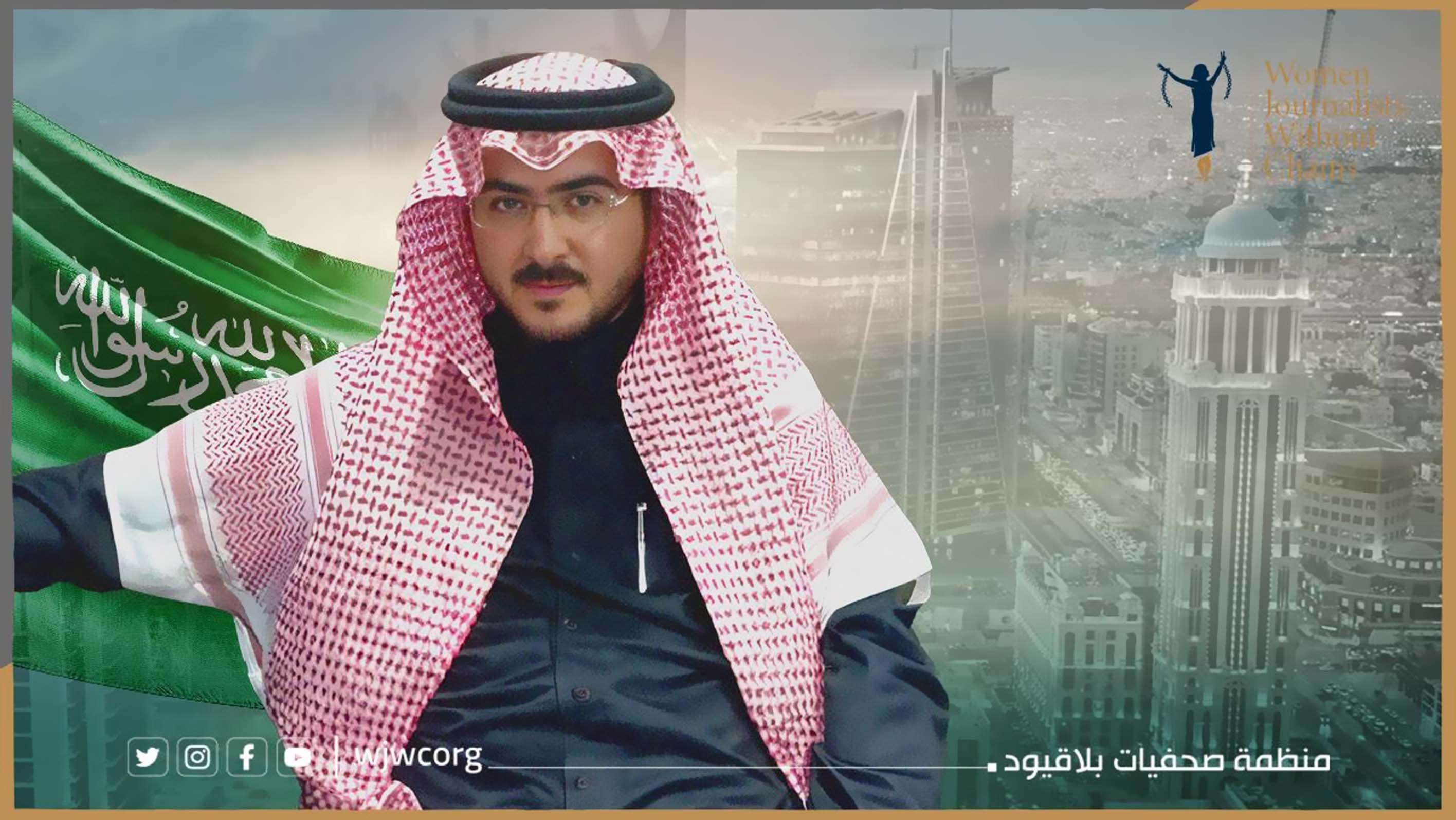Wjwc News

Women Journalists Without Chains Condemns Sentence of Cartoonist Al-Hazza
Women Journalists Without Chains strongly condemns the unjust political sentence imposed on Saudi cartoonist Mohammed Al-Hazza Al-Ghamdi,
who has been sentenced to 23 years in prison for exercising his journalistic rights and freedom of expression through political cartoons deemed “offensive to the Kingdom and its rulers.”
Al-Hazza, 48, was violently arrested in February 2018 when security forces stormed his home without presenting legal documents and abducted him to an unknown location. This incident occurred a year after Saudi Arabia and its Arab allies severed ties with Qatar, a crisis that lasted until 2021.
The exact date of the verdict against Al-Hazza remains unknown, as Saudi authorities impose a blackout on trials and verdicts involving detainees related to opinion and expression, which number in the dozens.
Al-Hazza was accused of publishing 100 cartoons in a Qatari newspaper that were considered “offensive to the Kingdom and its rulers.” The charges included allegedly endorsing “accounts hostile to the Kingdom and its leaders” and showing sympathy for Qatar—allegations that lack recognition under international law.
Tawakkol Karman, head of Women Journalists Without Chains and Nobel Peace Prize laureate, stated, “The accusations leveled by Saudi authorities against cartoonist Mohammed Al-Hazza are merely a pretext to restrict freedom of expression. Criticism and the expression of opinion lie at the heart of a cartoonist's work.”
The Specialized Criminal Court, which deals with terrorism cases, had previously sentenced Al-Hazza to six years in prison after his arrest.
Karman remarked, "As Mohammed Al-Hazza's family and his five children awaited his release with the impending end of his previous sentence, the case was unexpectedly reopened. This alarming action underscores the kingdom's persistent disregard for the freedom of its citizens and its ongoing persecution of journalists and those expressing their views."
She further stated, "It is disgraceful that Mohammed Al-Hazza and other detainees remain imprisoned in Saudi jails solely for their opinions. The Saudi Crown Prince must take immediate action to ensure their release."
Saudi Arabia is violating a fundamental legal principle that prohibits double jeopardy, meaning a person cannot be tried twice for the same crimes based on the same evidence and facts. This situation highlights the authorities' attempt to weaponize the judiciary against the Al-Hazza family, effectively denying the possibility of a fair trial.
According to court documents submitted by the London-based human rights organization Sanad, Al-Hazza denied the accusations and requested evidence for the claims of “insulting the Kingdom and its rulers.” He clarified that he ceased working for the Qatari newspaper following the boycott announcement, except for a brief period.
The trial of Mohammed Al-Hazza failed to meet fundamental standards of fairness. He was arbitrarily arrested and denied his basic rights to defense. Like others in cases related to press and expression, he endured arbitrary detention, physical and psychological abuse, and enforced disappearance, during which he had no contact with the outside world, his family, or his lawyer for several months. Eventually, he was allowed only infrequent short phone calls to confirm his well-being.
The unjust sentence handed down to Al-Hazza raises significant concerns about freedom of expression in the kingdom, which is already limited despite official claims of increased openness, tourism, and investment. There has been a notable rise in political sentences against citizens for exercising their journalistic rights or voicing opinions on social media, underscoring persistent repression.
Women Journalists Without Chains urges Saudi authorities to immediately and unconditionally release Mohammed Al-Hazza and all individuals detained for exercising their freedom of opinion and expression. The organization also calls on the international community and human rights organizations to advocate for the release of political prisoners, cease ongoing human rights violations, and promote respect for human rights in Saudi Arabia, particularly regarding freedom of expression and opinion.
Released by
Women Journalists Without Chains
October 24, 2024
